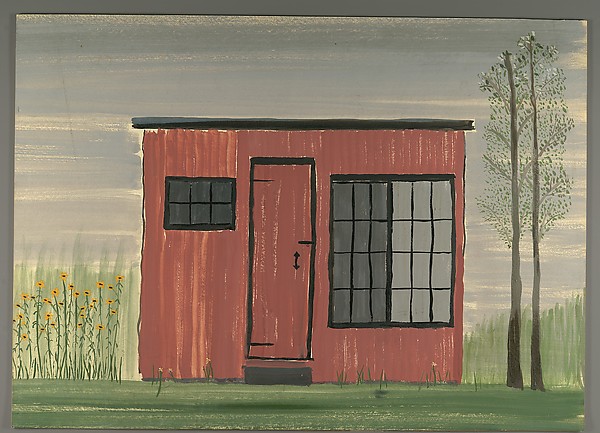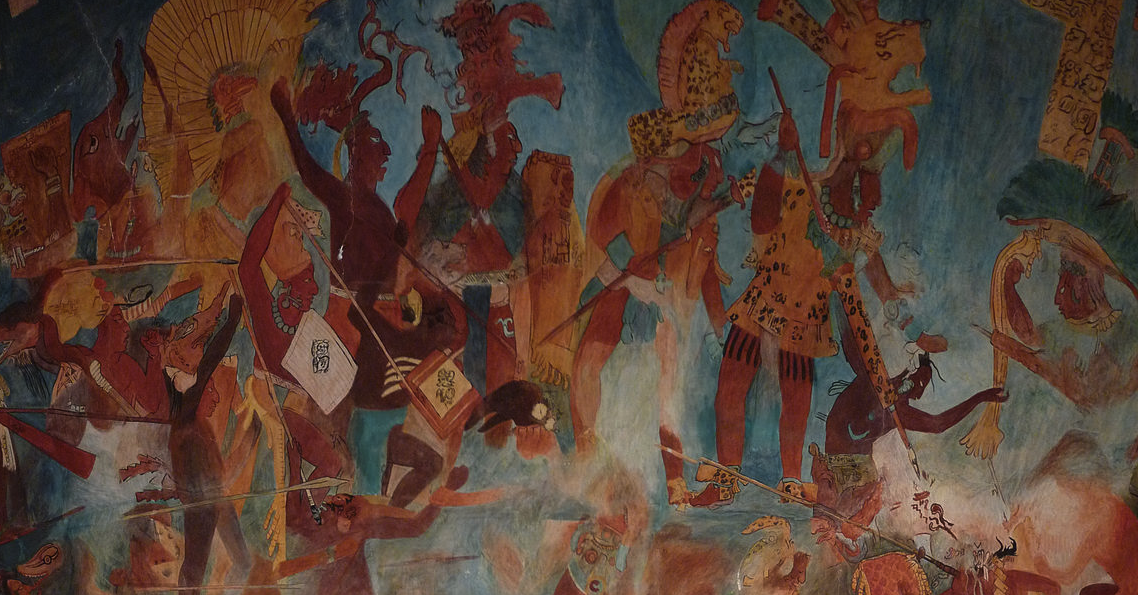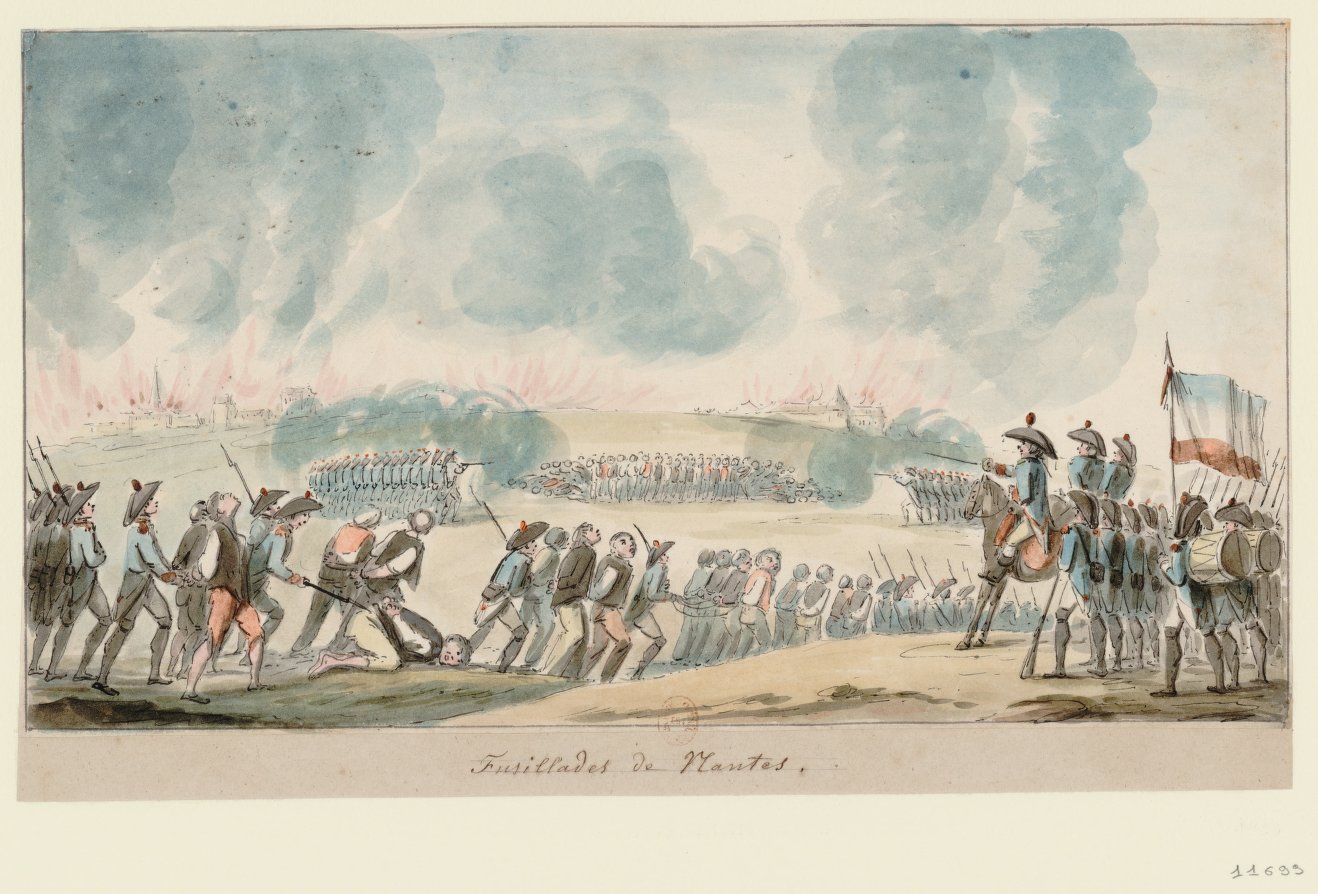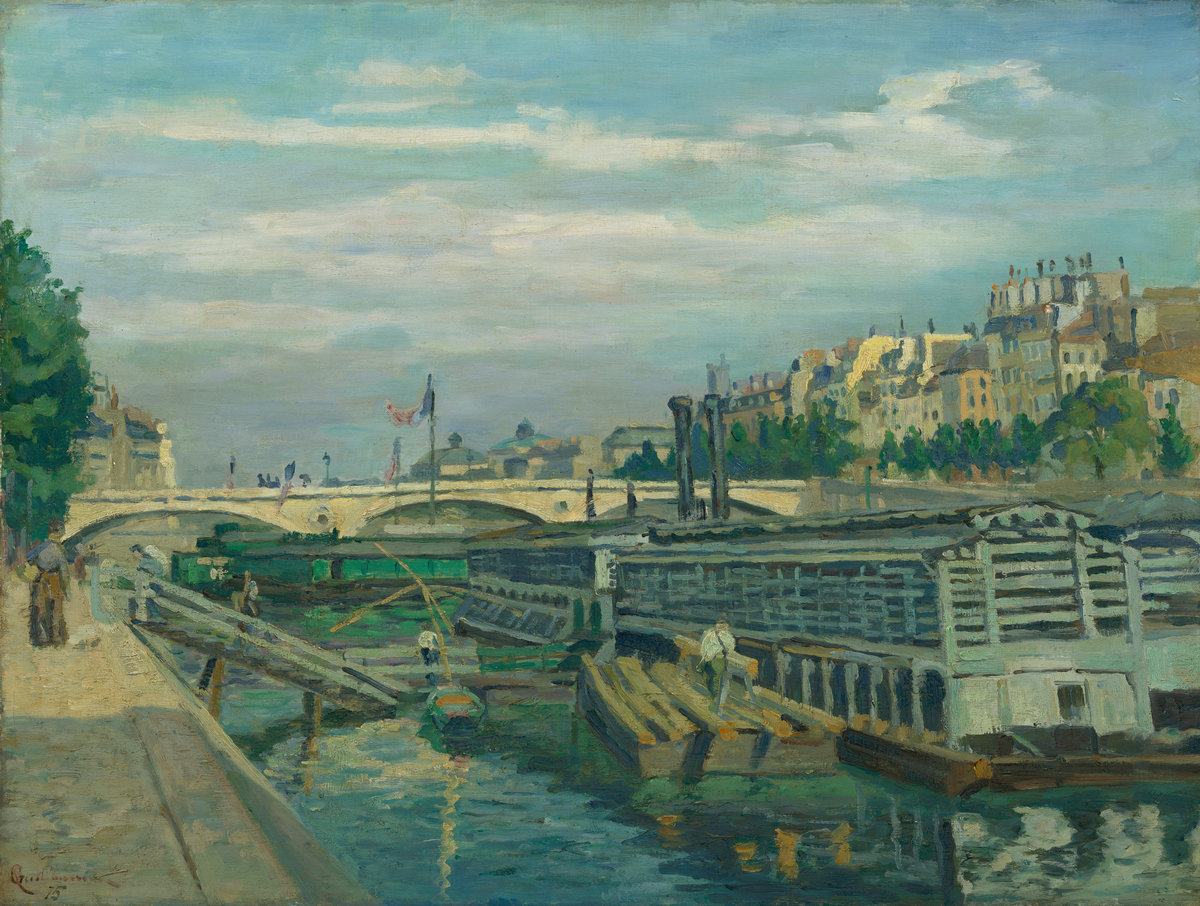
Transparency International’s yearly Corruption Perceptions Index unsurprisingly shows that corruption worsens in conflict areas.
In Syria, a new Salafi-leaning alliance could be a counter to al Qaeda and other radical groups, argues Hassan Hassan, given the secular FSA’s failure to establish itself as a popularly-legitimate counterweight to Islamist rebels (via @CTSS_Research).
Meanwhile, the Wall Street Journal reports that the US and allies have held direct talks with Islamist rebels, recognizing these groups’ prominent role on the Syria battlefield. “I think it’s worth knowing whether these groups have any intent whatsoever to be moderate and inclusive, or whether they … from the start intend to be radical,” comments General Martin Dempsey, chairman of the US Joint Chiefs of Staff.
In a similar vein to the link between conflict and corruption, many rebels now appear to be establishing commercial funding sources by “ripping apart the old state-run economy and creating in its stead a patchwork of fiefdoms where rackets and other profitable enterprises are pursued away from the dead hand of Baathist government.”
In the continuing story of Syria’s suffering minorities, al Qaeda-linked fighters target the country’s Turkmen, who see themselves under threat from the regime, rebels, and Syria’s Kurds.
How accurate are figures on the Syrian conflict’s death toll, anyway?
Hezbollah commander Hassan Lakkis was killed earlier this week in Lebanon; Hezbollah blames Israel for the killing, while Israel instead suggested that the commander was killed by Sunnis angered at Hezbollah’s support for the Assad regime. Juan Cole has more on Sunni-Shiite tensions in Lebanon, partially inflamed by the conflict next door.
The International Crisis Group’s Thierry Vircoulon says that the risk of genocide in the Central African Republic is “overstated”, but that tensions are rising. In the country the Seleka rebels who overthrew President Francois Bozize in March “are raging beyond their leader’s control,” and the UN is expected to shortly approve the deployment of thousands of French and African Union troops in the country. Four hundred French soldiers are already in the former French colony.
Dan Murphy addresses the argument that Afghan life expectancy has risen due to the US-led overthrow of the Taliban government.








0 comments